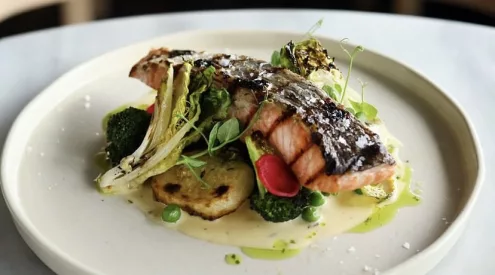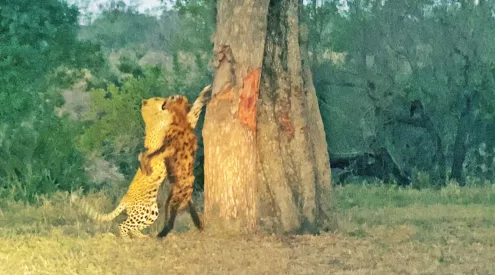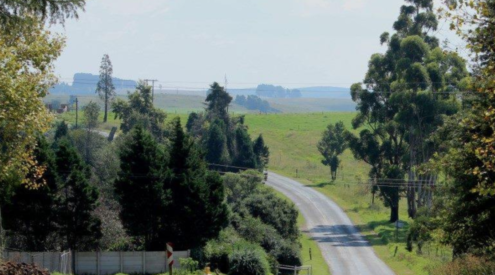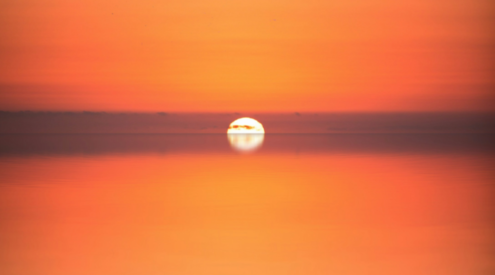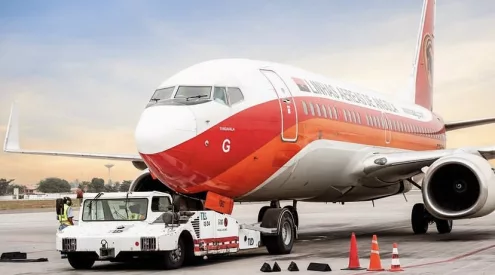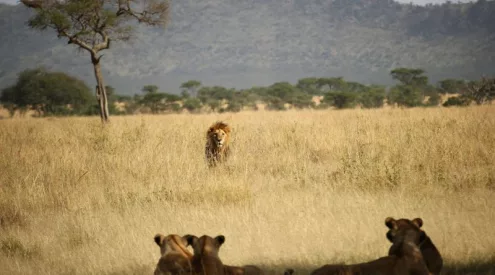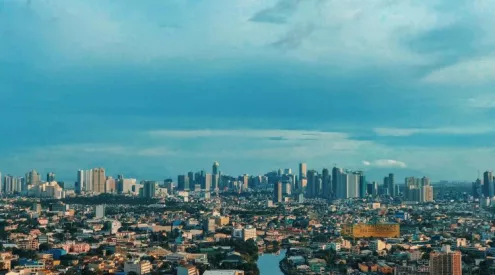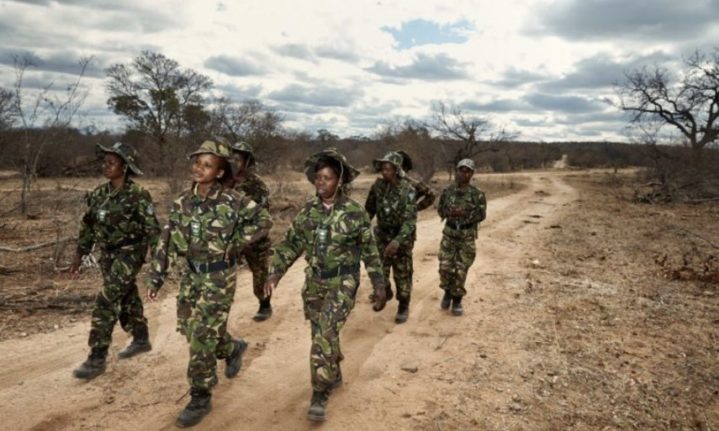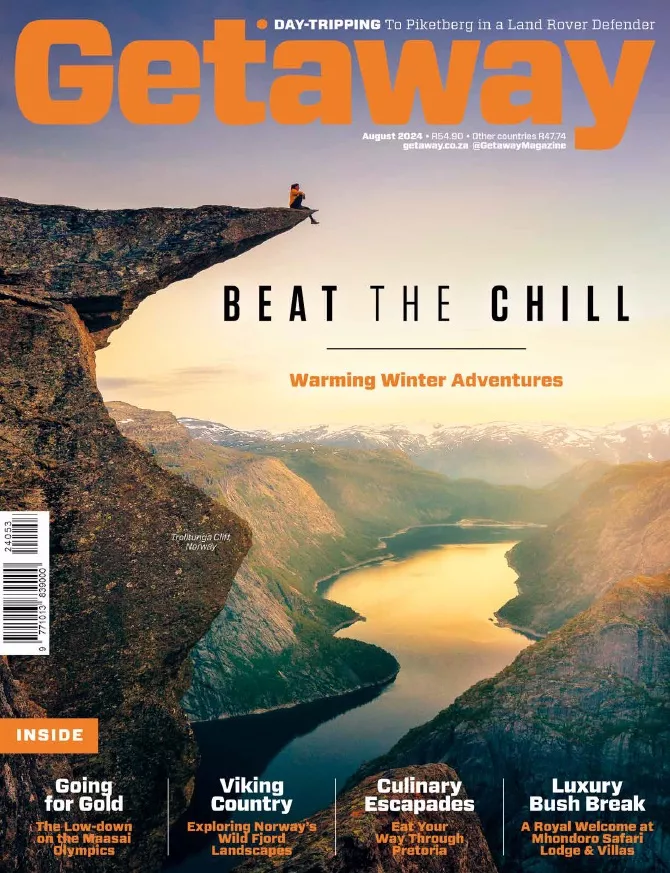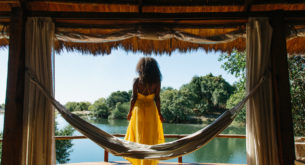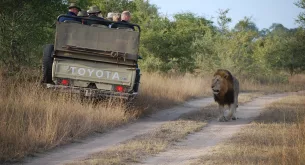An environmental forum at Expo 2020 Dubai noted that there was a rise in women taking up roles in wildlife conservation. These women are bringing unique skills to the table to help end poaching and the trafficking of endangered animals.
Conservation leaders who spoke at the Women’s Pavilion, under the banner ‘When women thrive, humanity thrives’, noted a ‘cultural shift’ that paved the way for more women to get involved in environmental work. Expo 2020 Dubai opened on 1 October 2021 and runs until 31 March 2022.
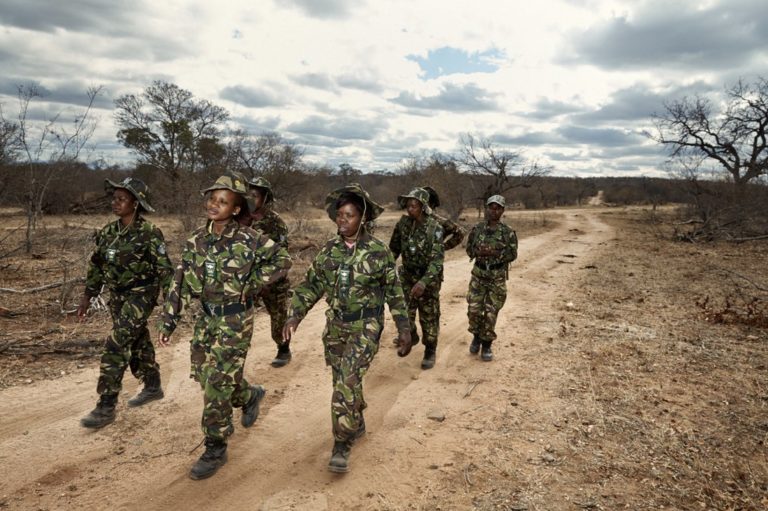
Picture: Getaway gallery / Black Mambas Rangers by Julia Gunther
The Black Mambas in South Africa and Team Lioness in Kenya are two examples of this. Their members work hard to stop dangerous poachers as well as teach surrounding communities about the importance of conservation.
These women have the advantage of knowing the bush better than most and understand the value of teamwork, which together makes them very efficient rangers.
‘Historically women have been seen as the problem, rather than the solution [in conservation] but that is changing,’ said Patricia Awori, director of the Pan-African Wildlife Conservation Network, quoted by The National News. The network is a Kenyan NGO that strives to end poaching and crimes against wildlife.
‘There are women who have decided to do something different, like Jane Goodall or Dr Cynthia Moss, who have chosen to learn more about wildlife issues scientifically. And there are others living in these areas who also now see a career opportunity.’
Many of these women have grown up around wildlife and understand animal behaviour.
There is an international ban on the ivory trade, yet close to 30 000 African elephants are poached every year for their tusks.
Awori said: ‘There is much to learn from women in these communities and it is transforming conservation.
‘Having more women rangers is a tremendous advancement and we now have three units of just women across Africa.
‘They can see it is a potential career path for [themselves].’
The Black Mamba Anti-poaching Unit was founded in 2013 to protect the Olifants West Region in the Balule Nature Reserve. The women educate the local communities and liaise with them to ‘build intelligence’ to prevent wildlife trafficking and poaching.
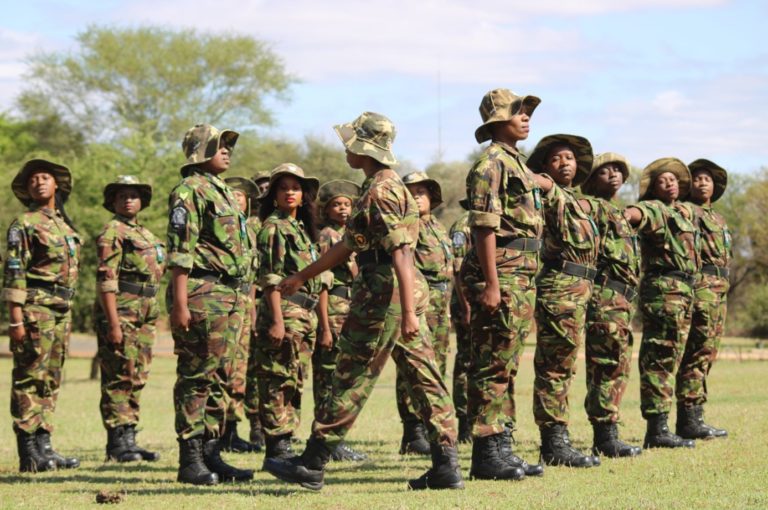
Picture: The Black Mambas by Jay Spencer
There is a team of 23 rangers who work on the ground and focus on the protection of rhinos, which are targeted for their high-value horns. There are also seven Environmental Educators who work exclusively in communities within the Bush Babies Environmental Education Program which was created in 2015. The Black Mambas also fall under the Environmental Monitor nationwide program.
Team Lioness was established by the International Fund for Animal Welfare (IFAW), one of the biggest conservation charities in the world.
The Maasai women in Kenya are vital advocates for local conservation as they have a deep connection to the land as well as to the communities. A group of women were selected to become rangers based on their integrity and leadership skills.
They protect the community land that surrounds the Amboseli National Park and defend against the killing of elephants, lions, cheetahs and other animals in the wild.
‘What we have learnt from Team Lioness is that women are not only physically and mentally able to do these roles but also culturally suitable,’ said IFAW president and chief executive Azzedine Downes.
‘IFAW projects have helped women to step out of the shadows and given them a voice.
‘If it means we save more elephants or other species, that has been a fundamental cultural shift in many of these communities in Malawi, Zimbabwe, Kenya and elsewhere,’ Downes said.
ALSO READ
Poacher sentenced to 25 years after being caught twice in Kruger Park

